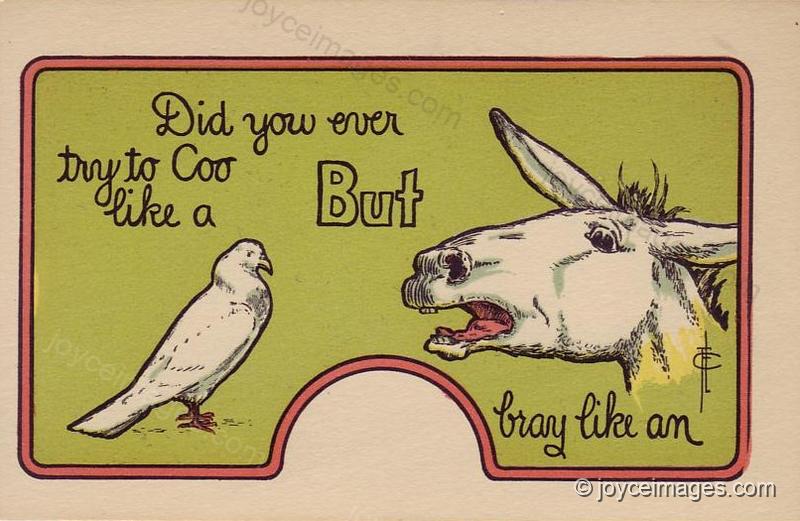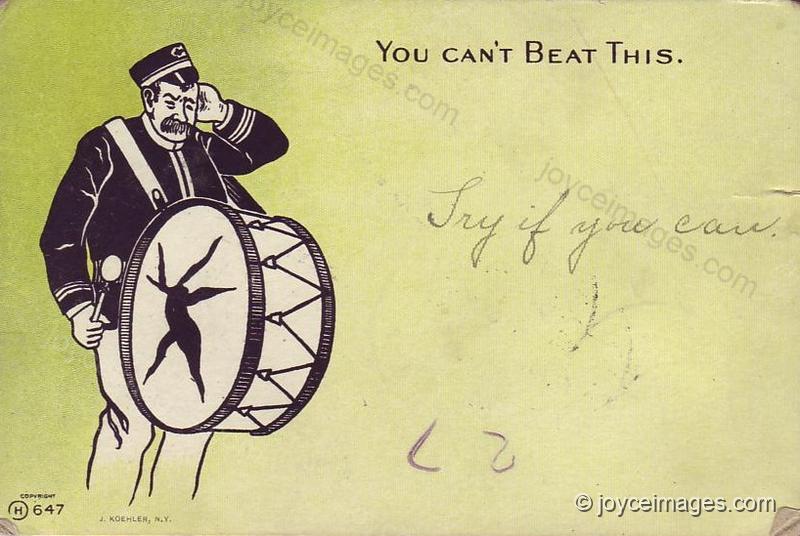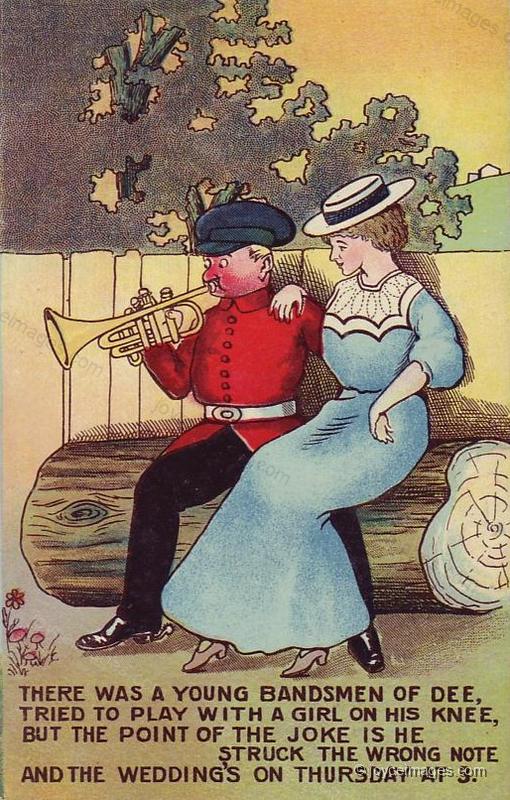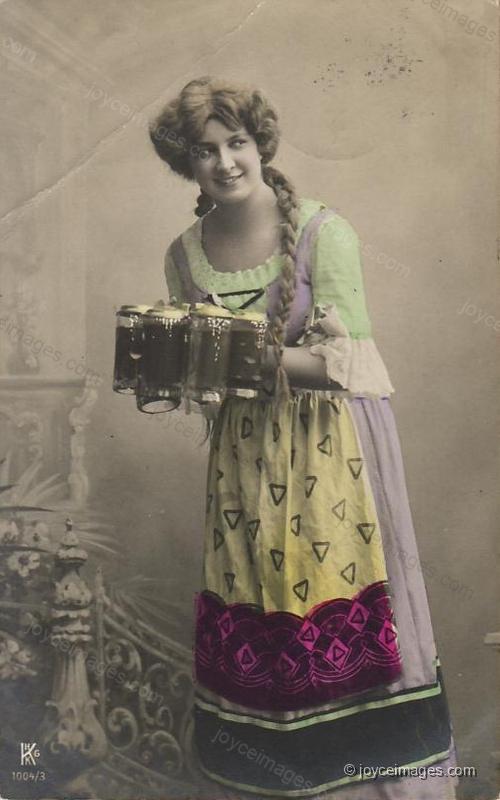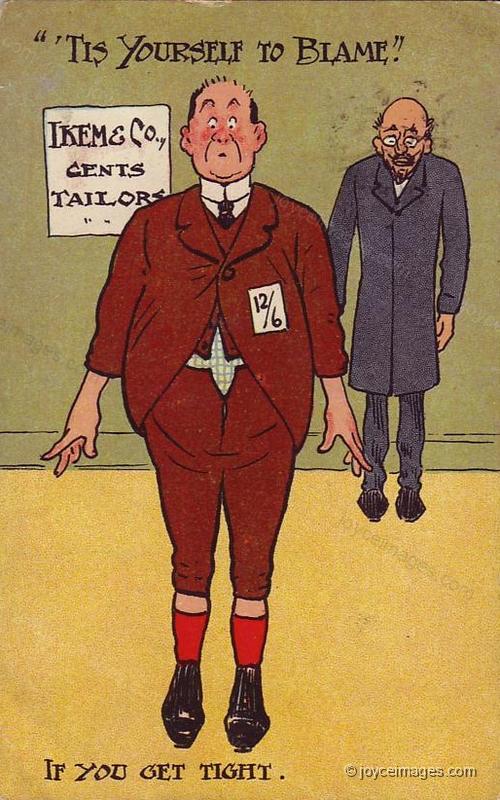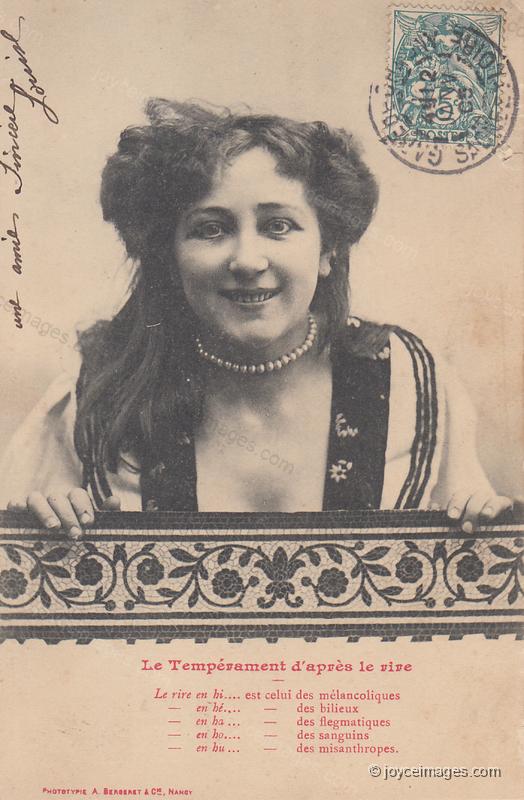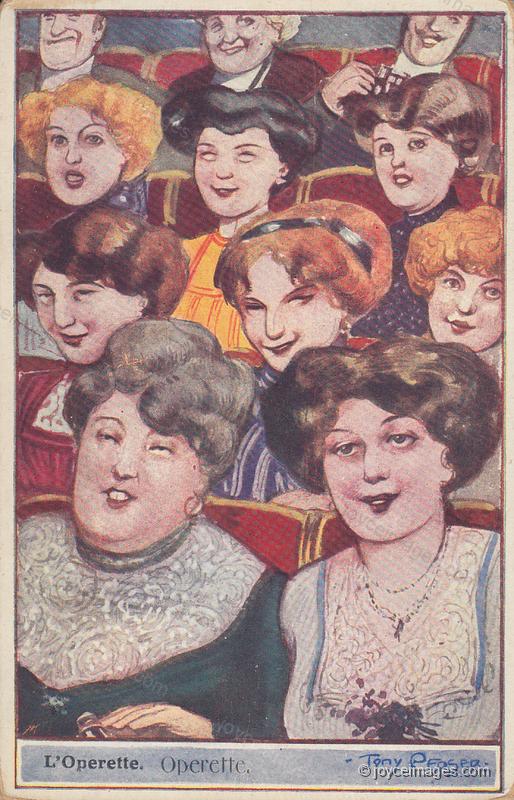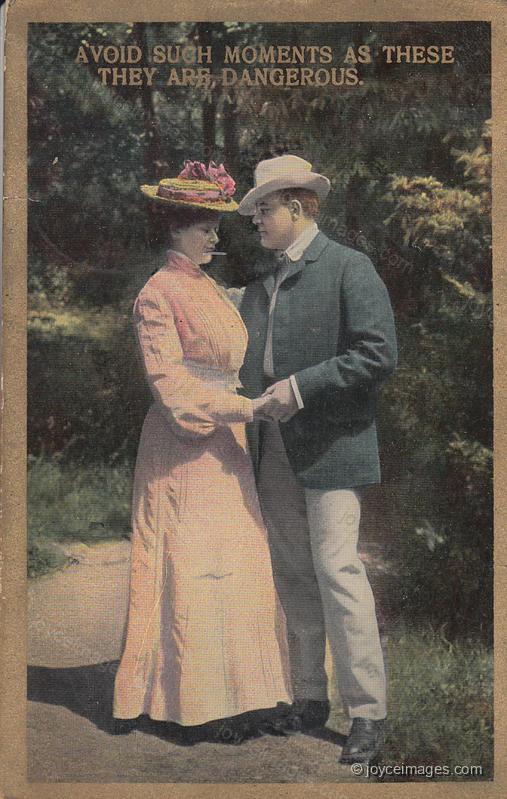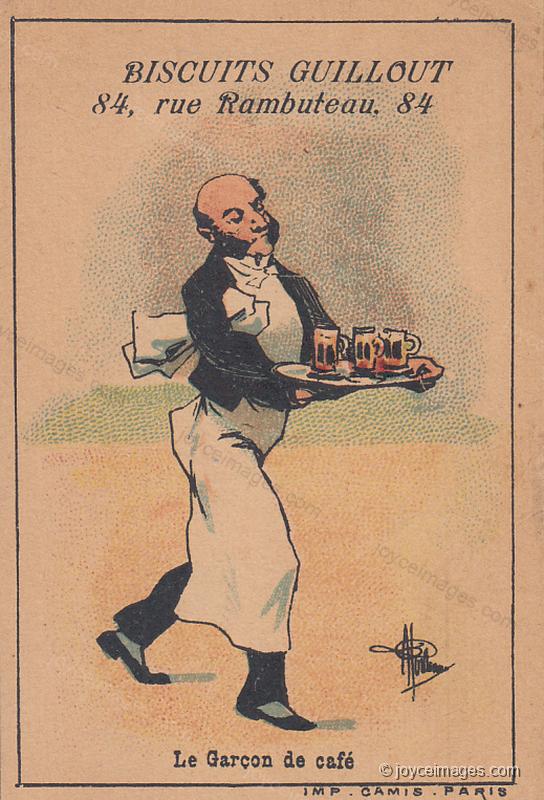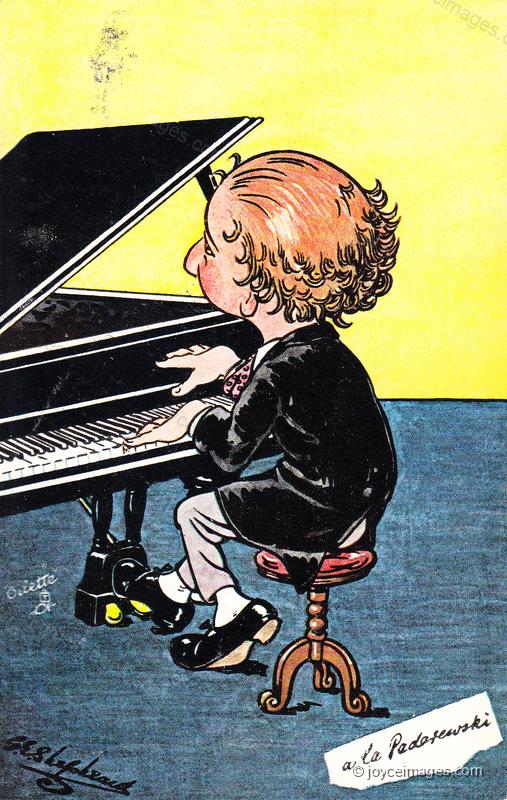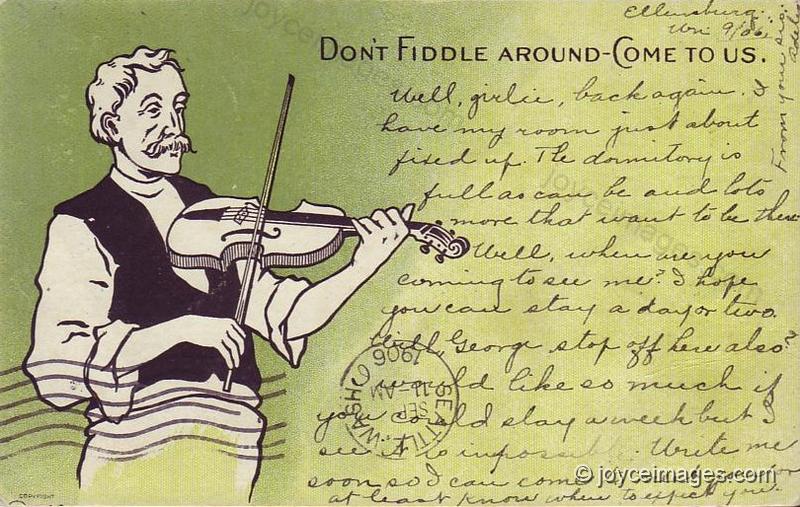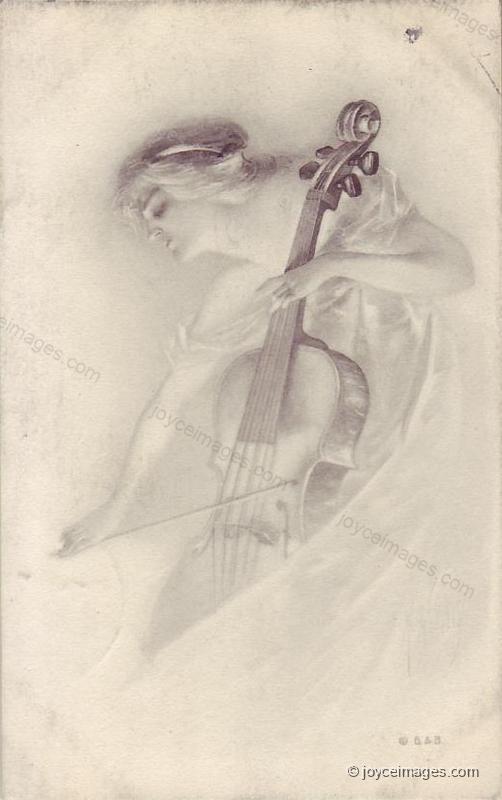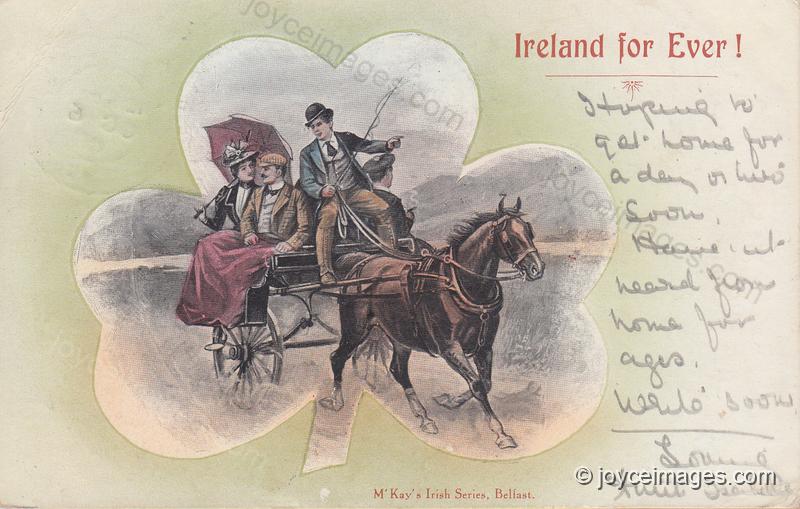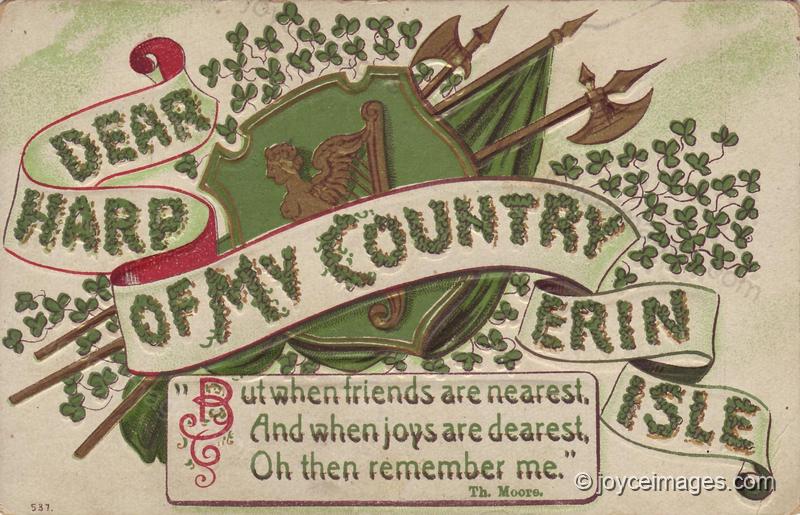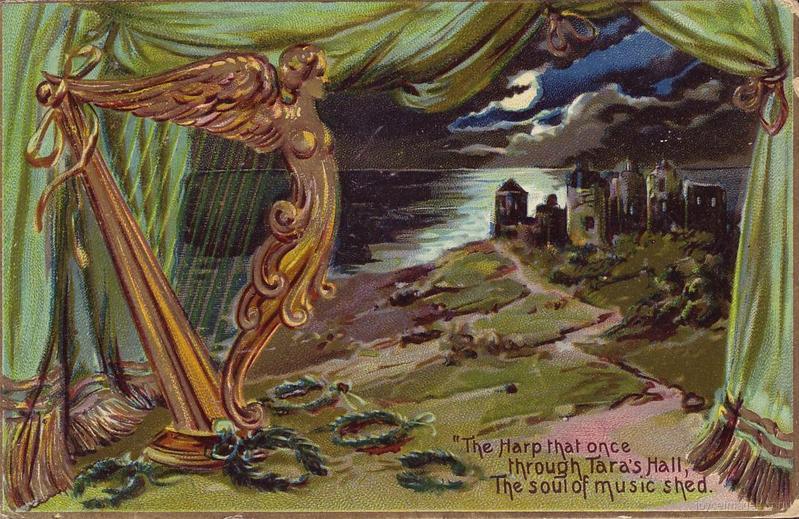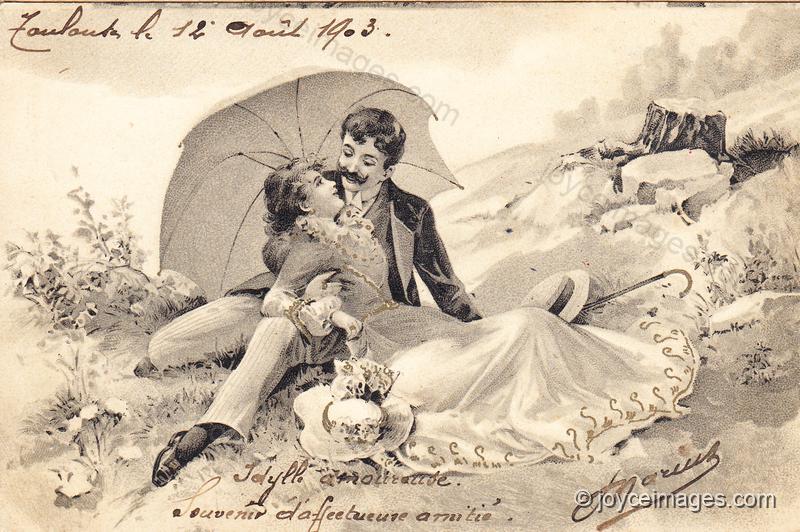"- So I am, Ben Warrior laughed. I was thinking of your landlord. Love or money.
He stopped. He wagged huge beard, huge face over his blunder huge." (U11.533)
He stopped. He wagged huge beard, huge face over his blunder huge." (U11.533)
"- Sure, you'd burst the tympanum of her ear, man, Mr Dedalus said through smoke aroma, with an organ like yours.
In bearded abundant laughter Dollard shook upon the keyboard. He would." (U11.536)
In bearded abundant laughter Dollard shook upon the keyboard. He would." (U11.536)
"- Not to mention another membrane, Father Cowley added. Half time, Ben. Amoroso ma non troppo. Let me there." (U11.540)
"Miss Kennedy served two gentlemen with tankards of cool stout. She passed a remark. It was indeed, first gentleman said, beautiful weather. They drank cool stout. Did she know where the lord lieutenant was going? And heard steelhoofs ringhoof ring. No, she couldn't say. But it would be in the paper. O, she needn't trouble. No trouble. She waved about her outspread Independent, searching, the lord lieutenant, her pinnacles of hair slowmoving, lord lieuten. Too much trouble, first gentleman said. O, not in the least. Way he looked that. Lord lieutenant. Gold by bronze heard iron steel.
- ........... my ardent soul
I care not foror the morrow." (U11.542)
- ........... my ardent soul
I care not foror the morrow." (U11.542)
"In liver gravy Bloom mashed mashed potatoes. Love and war someone is. Ben Dollard's famous. Night he ran round to us to borrow a dress suit for that concert. Trousers tight as a drum on him. Musical porkers." (U11.553)
"Molly did laugh when he went out. Threw herself back across the bed, screaming, kicking. With all his belongings on show. O saints above, I'm drenched!" (U11.556)
"O, the women in the front row! O, I never laughed so many! Well, of course that's what gives him the base barreltone. For instance eunuchs. Wonder who's playing. Nice touch. Must be Cowley. Musical. Knows whatever note you play. Bad breath he has, poor chap. Stopped." (U11.558)
"Miss Douce, engaging, Lydia Douce, bowed to suave solicitor, George Lidwell, gentleman, entering. Good afternoon. She gave her moist (a lady's) hand to his firm clasp . Afternoon. Yes, she was back. To the old dingdong again.
— Your friends are inside, Mr Lidwell.
George Lidwell, suave, solicited, held a lydiahand.
Jingle." (U11.562 )
— Your friends are inside, Mr Lidwell.
George Lidwell, suave, solicited, held a lydiahand.
Jingle." (U11.562 )
"Bloom ate liv as said before. Clean here at least. That chap in the Burton, gummy with gristle. No-one here: Goulding and I. Clean tables, flowers, mitres of napkins. Pat to and fro. Bald Pat. Nothing to do. Best value in Dub." (U11.569)
"Piano again. Cowley it is. Way he sits in to it, like one together, mutual understanding." (11.573)
"sawing the cello, remind you of toothache. Her high long snore. Night we were in the box. Trombone under blowing like a grampus, between the acts, other brass chap unscrewing, emptying spittle. Conductor's legs too, bagstrousers, jiggedy jiggedy. Do right to hide them." (U11.575)
"Only the harp. Lovely gold glowering light. Girl touched it. Poop of a lovely. Gravy's rather good fit for a. Golden ship. Erin." (U11.580)
"The harp that once or twice." (U11.581)
From the song by Thomas Moore:
'The harp that once through Tara's halls
The soul of music shed,
Now hangs as mute on Tara's walls
As if that soul were fled.'
From the song by Thomas Moore:
'The harp that once through Tara's halls
The soul of music shed,
Now hangs as mute on Tara's walls
As if that soul were fled.'
